The views expressed in our content reflect individual perspectives and do not represent the authoritative views of the Baha'i Faith.
The most urgent requisite of mankind is the declaration of the oneness of the world of humanity—this is the great principle of Baha’u’llah. That which will leaven the human world is a love that will insure the abandonment of pride, oppression and hatred. – Abdu’l-Baha, Divine Philosophy, p. 45.
An African American born and raised in New York City, I didn’t want to go to the South.
After escaping Jim Crow, my parents said little about Oklahoma, but I heard enough to know that the South was a foreign land, alien, hostile, the killer of dreams. When a friend, returning from Georgia, told me about the segregated water fountains, I laughed, struck by the absurdity and pleased with my decision to never go there.
However, a professional conference brought me to New Orleans in the late Nineties. During a break in the conference schedule my friends and I decided to take a tour of some of the plantations on the Mississippi River north of the city.
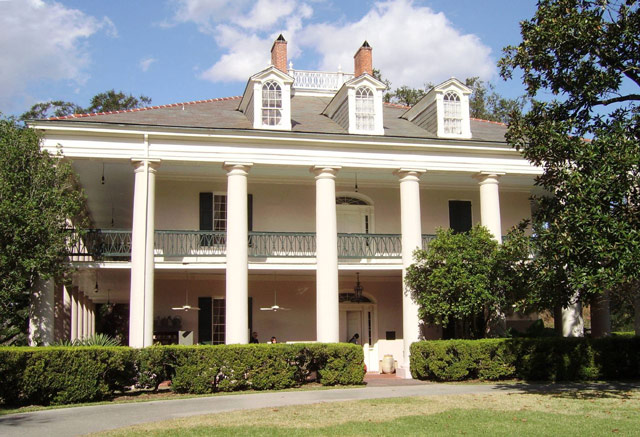
Oak Alley Plantation
I will never forget our visit to the Oak Alley Plantation, its approach an extraordinary site, a lush green, expansive lawn divided by a gravel stone road covered by a canopy of oak tree limbs so long and high they formed a lengthy arch that revealed and accentuated the white columned veranda of the plantation house at the end. The trees grew so thick we could not see the roof of the house, but the view took our breath away, the afternoon light brightening the white columns of the old mansions and making the windows, flowers and shrubs shimmer in the languid, humid air.
It pleased me that the tour guide openly acknowledged the essential role slave labor and artistry played in the building of the plantation, and he readily admitted that there was a time when tour guides avoided references to slavery. After the tour, my friends and I stepped out to the upper porch to take a last view of the lawn leading to the river.
Then everything suddenly changed. A classic white Mississippi riverboat docked at the levee broadcasting the song “Dixie” over the loudspeakers. Suddenly I started shaking, my hands gripping the rail, my visceral reaction so extreme my two white friends, behind me, asked, “Sidney, what’s wrong? What happened?”
I couldn’t speak; rage and self-recrimination coursed through me like venom, stunning tongue and limbs. If only for a few minutes, I too had succumbed to the fantasy of the Old South, the Gone with the Wind myth of plantation charm, graciousness and serenity, that beautiful cocoon destroyed by war, this descendent of slaves personally experiencing the triumph of aesthetics over economic brutality.
What angered me more was the broadcasting of that song, a modern celebration of the war waged to perpetuate slavery and the way of life it made possible, a reminder that if the Confederates had won their war I might still be a slave.
But the Confederates lost, America became a more perfect union, slavery was abolished, and American culture forever changed. In fact, the entire world changed.
And yet there are still those today who mourn the passing of the Old South; and if they acknowledge the evil of slavery and the necessity of its eradication, they rarely admit that their ancestors fought and died for slavery’s survival. Even some historians, especially before World War II, claimed that the Civil War was not about slavery, but about state’s rights, the clash of cultures, independence and the desire for autonomy. They made these claims despite the fact that every proclamation of secession in the winter of 1860-61 declared that the South had to leave the Union in order to keep slavery alive and its inferior black people forever subjugated.
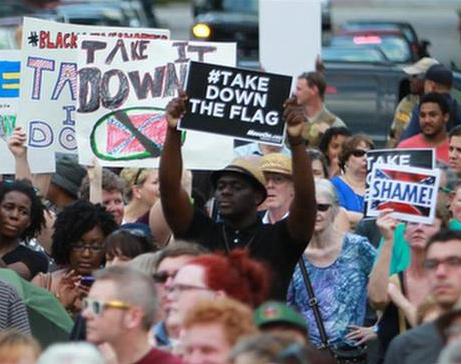
Protests outside the South Carolina State House to take down the confederate flag
The current controversy about the meaning and placement of Confederate flags stirred memories of that moment on the balcony of Oak Alley, again reminding me of the uses and misuses of history. It reminded me that the Confederate flag has no place on state capitols, state flags or in courthouses; it is a symbol of rebellion, treason, and the racist ideology that justified slavery and segregation. When the Ku Klux Klan marches with the flag, when politicians punctuate their diatribes against integration with the flag, when a mass murderer posts photographs that show him holding it with a rifle, the intended meaning seems indisputable.
But memory and history are not simple; and the simplicity we desire with its attending comforts of wishful thinking and moral certainty will distort what we remember, what we select to remember, why we remember, who tells, and who listens. What do we crave from history: validation, comfort, truth, or a fantasy of identity that defines us without pain or guilt?
I struggled to answer these questions, hoping to move beyond distraction and confusion on that balcony. I looked below to the gardens, the fancy grill work on the gates, the tools and carriages on display, the masonry and stones around the house and on the road to the levee, this and much more scanned in just moments. Suddenly, I emotionally embraced the artistry and toil that built Oak Alley, proud that my ancestors had made it possible. Without them this plantation could not exist for me to visit and appreciate.
This was not sentimentality. I’ve read “Bullwhip Days” and other slave narratives. I have seen photographs of scarred backs and amputated limbs. Slavery was brutal and cruel, a devastating system of oppression and deprivation for the benefit of the moneyed few. This truth understandably inspires rage, guilt and silence. Many people, white and black, would rather not think or talk about slavery. It’s too painful, too much a source of shame and regret.
But we cannot or should not erase slavery from history or memory; it is a part of us, in our cultural DNA, an integral part of our constitution, and the source of so much of our song and literature. Slavery should not have happened. But it did happen, made possible by racist rationalization and excuses, and it will be forever our original sin.
Then what choice do we have?
Never forget, of course. I don’t subscribe to the foolish effort of eliminating all vestiges and references to slavery, as if by removing it from the textbooks we will all feel better. We should honestly face the nature of slavery and its consequences, and admit that as long as we subscribe to the bigotry that justified slavery we are slavery’s immoral descendents.
But I am also reminded of the choices of moral giants—the families in Charleston, South Carolina, who chose to forgive a racist killer; Martin Luther King, Junior; Mahatma Gandhi; Mother Teresa; Abdu’l-Baha. Reviled or imprisoned or exiled, they all had good reasons for rage, resentment and hatred. But they refused to allow righteous anger to define them or perpetuate the cycle of hate, recrimination and revenge.
We should indeed try to change the world, establish peace and justice, reduce poverty, and eliminate discrimination of all kinds, as the Baha’i teachings proclaim. We cannot change history, but we can change the future.
On that day at Oak Alley, after moments of anger, confusion and shocking clarity, I found my way toward the future. I value freedom more because slavery once existed. I stopped trembling on that day in Louisiana when I remembered that my ancestors toiled and hoped, survived and endured for the blessings of freedom and justice. The dream still lives in me.
Thanks to them, I am here. I am here.


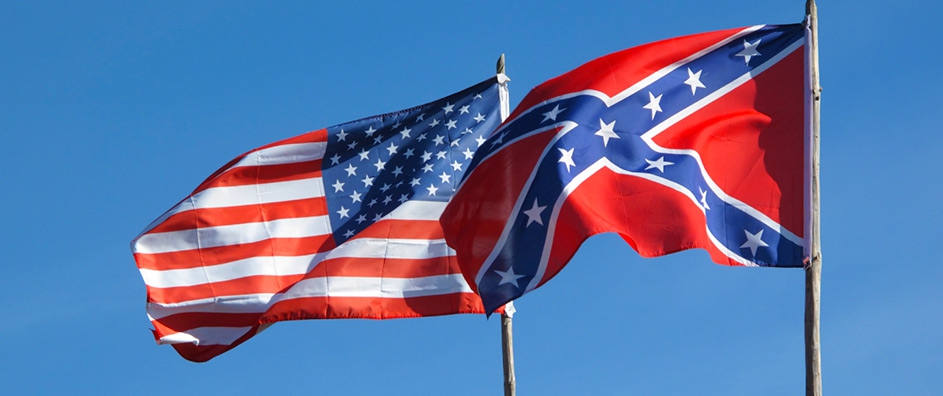

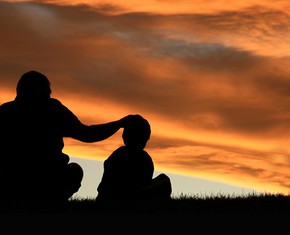
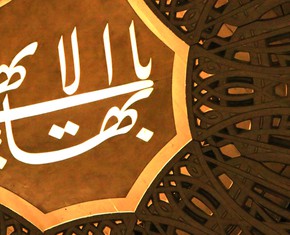
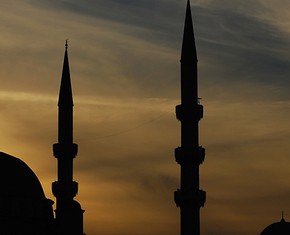









Comments
Sign in or create an account
Continue with Googleor